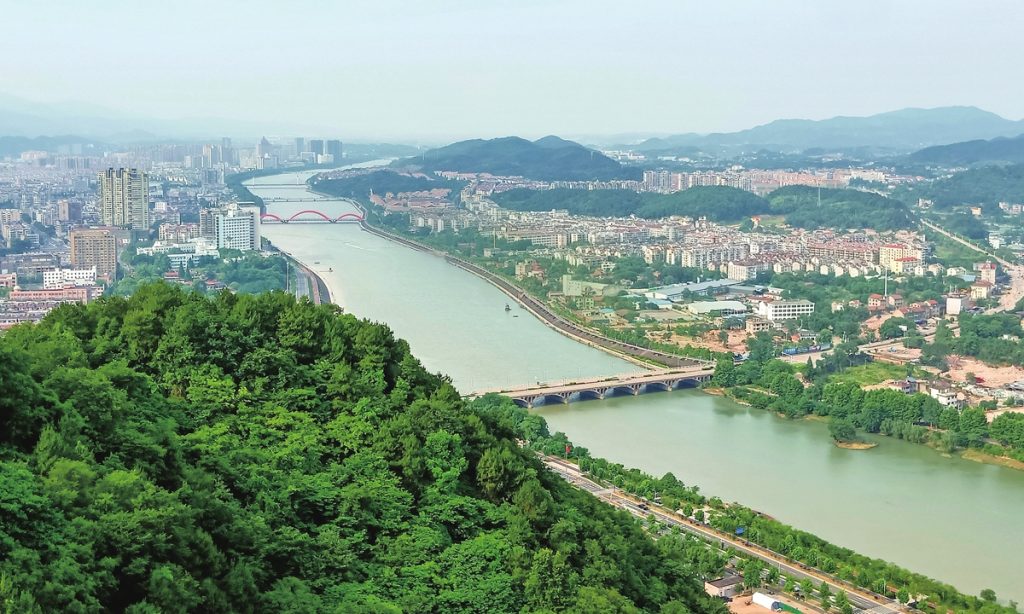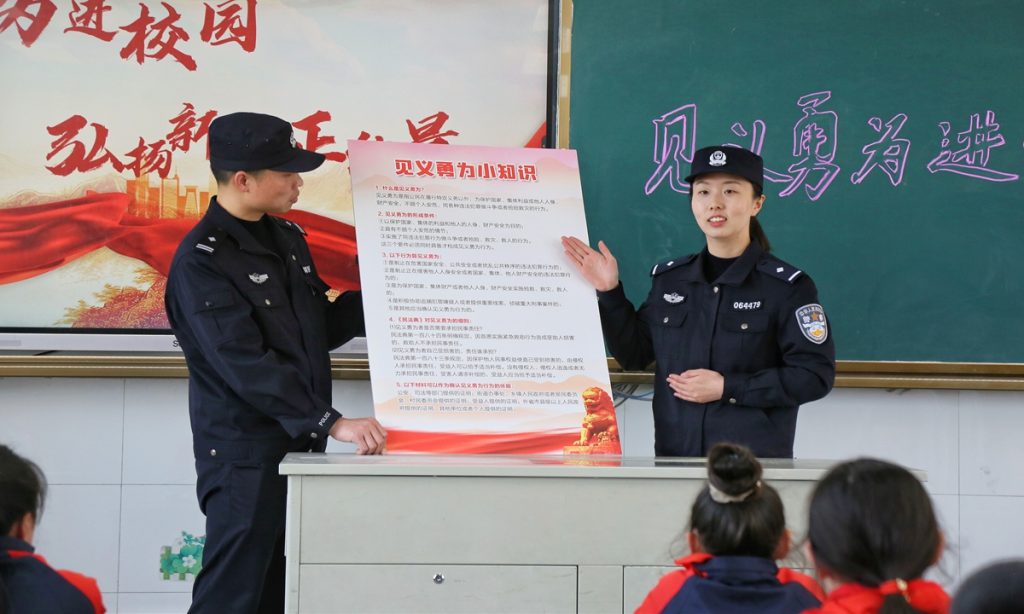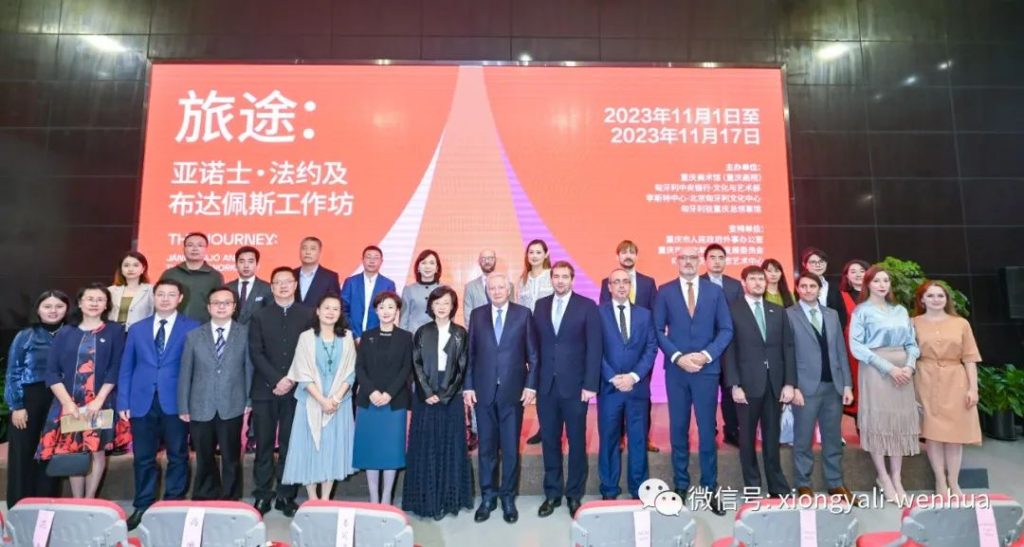A wonderful discovery of Quzhou's unique path to modernization by planting seeds of ancient culture

Located in west Zhejiang Province, Quzhou is a famous historical and cultural city with a more than 6,000-year-old history of civilization and was listed as one of the National Famous Historical and Cultural Cities in China in 1994.
At a seminar before the Quzhou visit, Liu Xinxin, an associate professor from the Communication University of China School of Government and Public Affairs, said that Quzhou's cultural branding can be a typical example of successful urban renewal in China. Only after the visit, could I fully understand the remark and vividly experience how the city is building its long-standing historical culture into a modernized industry, which has become a calling card for the city.
Although having never been to the city before, I soon fell in love with the enjoyable and culture-filled city. It is not only the second hometown of the Confucius family, but also the ancestral home of great Chairman Mao Zedong, the birthplace of Weiqi (GO) culture, the first place to experience spring in the new year going all the way back to the Qin Dynasty (221BC-206BC), and home to tens of thousands of hard-working and creative Chinese farmers.
This rich cultural heritages creates unique conditions for the city, which has taken a characteristically unique path to modernization by "planting [seeds of] culture," cultivating towering cultural trees, and growing abundant cultural fruits in order to lead local residents to common prosperity.
The Southern link to Confucius is, without doubt, a sound business card for the city. In 1128, after the downfall of the Northern Song Dynasty (960-1127), Kong Duanyou, a 48th-generation descendant of Confucius, moved to the south and settled in Quzhou, which led the city to become a cultural hub of Confucianism in southern China.
Since 2004, a memorial ceremony has been held annually at the Confucius Ancestral Temple in the city to celebrate the birthday of the Confucius. On that day, hundreds of guests from around the world, including the descendants of Confucius and representatives from various global Confucius institutes gather for the ceremony to pay tribute to the great philosopher and educator.
Confucius culture has also attracted nearly 100 overseas students and scholars from the US, Germany, and Armenia to visit Quzhou for research and study purposes in the last two decades.
Through the tour, I found out that each village in Quzhou has a specialized path to development. Starting with painting, the Yudong village has established a common prosperity alliance with nine surrounding villages, working together to create "Nine Villages and Ten Workshops," forming marketable and creative products such as paintings, porcelain and scarves.
The collective operating income of the alliance has increased by 205 percent annually, with an average increase exceeding 300,000 yuan ($40,996) for each village.
Quzhou is also making efforts to build itself as a Weiqi hub. The city built the first international Weiqi cultural exchange center in China, the first national Weiqi team local training base and implemented the first local regulations related to Weiqi, promoting the creative transformation and innovative development of excellent traditional Chinese culture. The Quzhou-Lanke Cup World Go Open has also filled the gap left by the lack of an annual top-level Weiqi tournament in China. The tournament has been listed as the first professional event in the directory of the Chinese Go Association, on par with the "LG Cup" and "Samsung Cup" in South Korea.
Regrettably, during this particular trip to Quzhou, I was not able to visit Mapeng, which is famous for being a prototype of many elements in Wuxia (martial heroes) novels by Jin Yong (Louis Cha). The village has also built many scenic spots that bring classic spots in Jin Yong's masterpieces, such as the Taohua Island, to life, attracting tens of thousands of Wuxia fans every year.
Certainly, however, I believe the future will bring new opportunities for a highly recommended visit to the renowned site and allow me to explore more the charming city.


